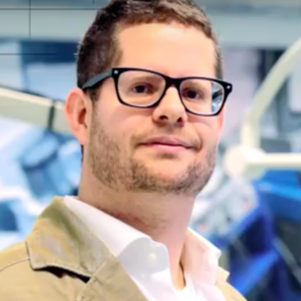Steerable instruments for worldwide laparoscopy
For the last decades, laparoscopy has developed to be a staple in surgery in High Income Countries (HIC’s). Faster recovery times, less pain and less blood loss are just some of the benefits to patients treated with this technology. These benefits are perhaps more relevant for Low to Middle Income countries (LMIC’s) due to a faster return to work in families with a single income and who rely on day wages. There are however significant barriers to the uptake of laparoscopy in LMIC’s, high cost of equipment, complex instruments, difficult sterilisation procedures and lack of training are just a few of the challenges.
In recent years, some of the problems with the sterilisation of complex instruments in high income countries have been overcome by the use of disposable instruments. These instruments are not intended to be disassembled and should therefore be disposed after each procedure. Most public hospitals in LMIC’s however are financially not able to dispose the products after each use. These disposables are therefore being reused, sometimes even 50-100 times. This leads to unsafe situations because residue from surgery cannot be fully removed.
One essential instrument that is needed is a (electrothermal) bipolar vessel sealer. This device uses a low intensity bipolar current to seal blood vessels and other tissues. The most prevalent vessel sealers on the market are disposable products, and cost a few hundred euro’s a piece
To ensure the safety of the product while still being financially attainable, a redesign is needed. This project focuses on replacing some of the critical parts, like electrical wires by layering several coatings in or on the instrument. This should increase the cleanability and lifespan of the product, keeping the price per procedure low.
Also an increased functionality in the form of tip articulation, based on SATA technology, will be incorporated. The absence of cables and wires allows for modularity, making the instrument sterilisable. This combination of coatings and SATA technologies should deliver a novel, articulating and modular bipolar vessel sealer. When realised, this instrument will lead to safer practices in the disinfection and sterilisation of essential medical instruments in low to middle income countries.
 Partners
Partners


Daniel Robertson

Assist. Prof. Tim Horeman

